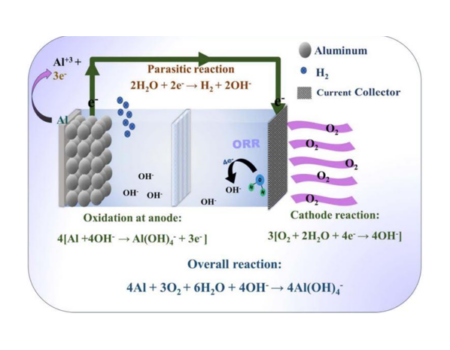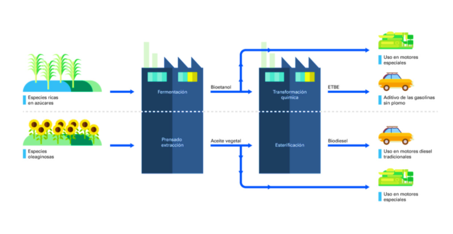
Full Time Professor – Bioengineering Department
We have been living with the pandemic caused by SARS-CoV-2 for more than 2 years, a large majority of people have already suffered from the infection because of the different variants. However, the Omicron variant is the one that lasts the most in different countries according to government reports. In some cases, infected people, in addition to having the already known signs and symptoms of the disease, suffer from what has been called “prolonged VOCID” and with it, one of the most persistent symptoms, the mental gaps or fog (or what is known in English as brain fog)
In an article published in the journal Neurology Clinical Practice (2021), researchers from the NewYork-Presbyterian and Columbia University Irving Medical Center described that possible neurological symptoms of VOCID-19 may include headache, fatigue and dizziness, and doctors in that country similarly report patients complaining of these symptoms along with memory loss, confusion, and difficulty concentrating. It is known that the so-called mental gaps are not exclusive to this disease and are known and associated with other diseases of neurological origin, because of hormonal imbalances, stress or as a consequence of inflammatory processes produced by various diseases (Harvard Health, 2021).
According to an article published in the Journal of Infection (2020) in patients who were observed for these symptoms, the professionals explain that the brain reacts to CO presenting electrical and chemical changes transient, that the chemical cascade produced by inflammatory processes can reach the brain, crossing the blood-brain barrier, but not the virus. The recovery of this process took between 3 to 6 months.
According to the professionals consulted, these symptoms are treated like any neurological condition, and that although there is no cure, the recommendations they give are the following: lead a healthy life, this includes good sleep, balanced diet and physical exercise, avoid alcohol and drug use, and try to participate in social activities.
Bibliography consulted:
Anna S. Nordvig, Kathryn T. Fong, Joshua Z. Willey, Kiran T. Thakur, Amelia K. Boehme, Wendy S. Vargas, Craig J. Smith, Mitchell S.V. Elkind Neurol Clin Pract Apr 2021, 11 (2) e135-e146; DOI: 10.1212/CPJ.0000000000000897
Budson, A. (2022). What is COVID-19 brain fog — and how can you clear it? – Harvard Health. Retrieved 14 July 2022, from https://www.health.harvard.edu/blog/what-is-covid-19-brain-fog-and-how-can-you-clear-it-2021030822076
Garrigues E, Janvier P, Kherabi Y, Le Bot A, Hamon A, Gouze H, Doucet L, Berkani S, Oliosi E, Mallart E, Corre F, Zarrouk V, Moyer JD, Galy A, Honsel V, Fantin B, Nguyen Y. Post-discharge persistent symptoms and health-related quality of life after hospitalization for COVID-19. J Infect. 2020 Dec;81(6):e4-e6. doi: 10.1016/j.jinf.2020.08.029. Epub 2020 Aug 25. PMID: 32853602; PMCID: PMC7445491.




